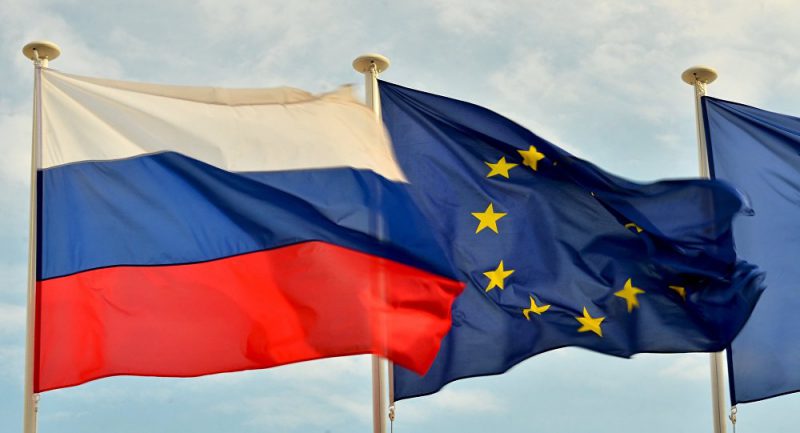On Thursday, the European Union gave its final approval to a new round of sanctions on Russia over its war against Ukraine. The EU’s eighth sanctions package is meant to dent Russian revenue from the sale of products.
The sanctions package “extends the list of restricted items which might contribute to the Russian Federation’s military and technological enhancement or to the development of its defense and security sector,” the new EU sanctions regulation noted.
Crypto made its way into the set of economic and political measures tightened against Russia. Until now, the rules limited Russian crypto payments to European wallets upto 10,000 Euros [roughly $9,900]. However, per the latest announcement, a complete ban has been announced.
Highlighting the same, the released statement noted,
The existing prohibitions on crypto assets have been tightened by banning all crypto-asset wallets, accounts, or custody services, irrespective of the amount of the wallet.
Russia and Crypto
Crypto has come to Russia’s rescue ever since sanctions have been imposed against it. Towards the end of September, the Russian Central Bank and the Ministry of Finance agreed on a bill to utilize crypto for cross-border settlements.
Announcing the same, Russian Deputy Finance Minister Alexei Moiseev said at that time that the proposal was with the vision to provide the people of Russia with access to crypto wallets. He also stated that the decision by the government was also to minimize Russians opening crypto wallets outside the country.
In fact, Anatoly Aksakov—Head of the Financial Committee in Russia’s lower house of parliament—recently stated that “digital direction” was the key for Russia because financial flows can bypass systems controlled by unfriendly countries.
Read More: Russia to use Digital Ruble for Remittances with China?
Until now, Russia relied on the shoulders of digital assets like crypto to evade sanctions. However, with the latest blanket ban issued by the EU, the country will have to continue hunting for alternative means to carry out transactions.





